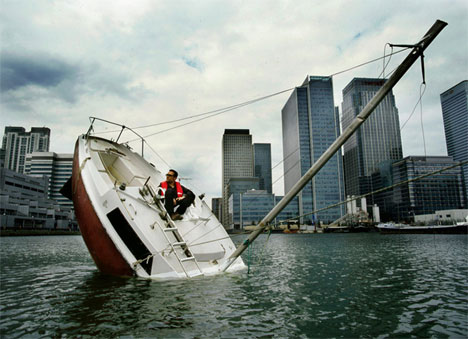
by Dr Invest
We made it to the end of the week even though stocks are barely treading water. Bernanke finally showed his hand, saying that not simulus seems necessary in the near future. I am amazed that his statement was definitive.
What about our TIP and BND investment. Well, two weeks ago the bond portfolio position sat at .33% rising over the past 14 days to 1.95%. With the hope of stimulus out of the way some of the energy will come out of stocks and a bond position will be take by investors hoping to salvage their gains for 2012.
If you have been following the bond postion from May, you will most likely see a 1% gain over the next eight weeks and a 2% gain is possible. This would put our bond portfolio in a range of profit taking.
PROFIT TAKING
Profit taking is more of an art, than science. It is a judgement call based upon one's willingness to take risk. When you put your money into an investment, there are NO GUARANTEES. A war in Iran could erase all your profits within minutes. I encourage investors to use STOP-SELLS to limit losses in a market downturn. This works for ETF bonds, as well as for stocks.
The longer you expose your investment to risks, the greater the opportunity to have losses. Some investors might sell when they see a 3% gain, saying to themselves: "A certificate of deposit would have only paid me 2%." So removing their money from a possible loss makes sense. And advantage to this method is that once the investment has reached the predetermined percentage, the investor can sell making the target percentage. So for some investors 3, 5, or 8% is sufficent and they can remove their investment from further risks in that calendar year.
The disadvantage of this plan is that gains from each year are different so that in one calendar year, you might lose 10% and in the next calendar year, gain 30%. Being in the market at the right time means signficant gains. This is why my main method is to use a SMA...(simple moving average). This makes moving averages the primary indicator and my judgement a secondary indicator. Using the Ivy Portfolio Method, you only sell the investment if the price of the EFT moves below 217 day SMA. (Read carefully the Ivy Portfolio Method before making any investment. Don't make the investment if you don't understand how to read the chart showing you when to sell.){questions? drinvest@mail.com} The 217 day SMA shouldn't be the only indicator for selling an investement. (I'm talking about ETFs used in the Ivy Portolio Method) If the economic climate is worsening, don't ever lose money. Sell your investments, and then wait for stability to return into the economy. Stop-sells are excellent for protecting your investment, but let's say you bought TIP and it grew 3% and you used a 3% stop-sell. If TIP declined, at a 3% stop-sell you would make zero gains and still have to pay the brokerage fee for buying TIP and selling TIP. You could place a 2% stop-sell below the closing price and make 1% in gains. Why not place a 1% stop-sell on TIP, well the regular activity of day to day gains and losses would cause your investment to sell prematurely.
Obviously, if you had an annual gain for TIP of 9%, a stop-sell at 3% below the closing price would return 6% in gains. This is good, but judgement might push you to consider the economic climate and sell TIP at an 8% gain or even 9% gain before a downtrend triggered your Stop-sell. That 3% gain could represent a significant increase... like $3K more per $100K invested.
It is equally true that if the overall outlook for the economy is trending upward, a temporary decline in TIP would mean nothing and it would be worth the risk to wait for TIP to restrengthen.
(note: the above information is for entertainment purposes only and not to be used as investment advice.)










